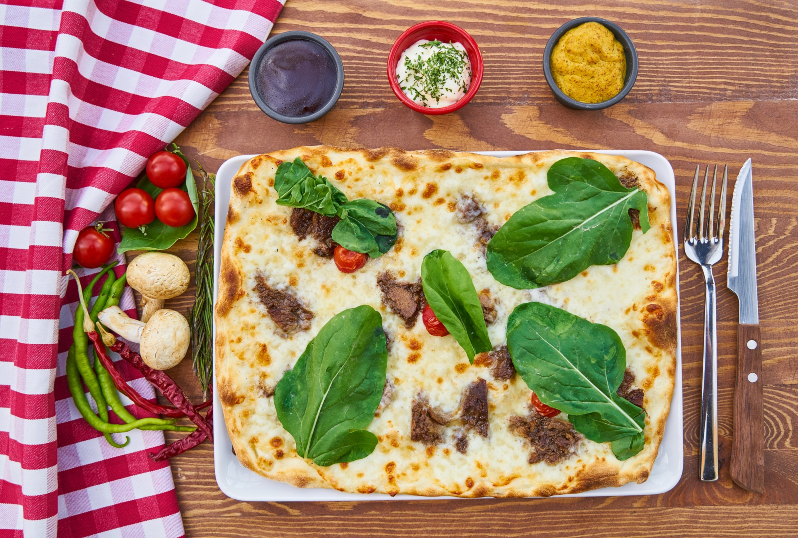
Protein is one of the three macronutrients our bodies require in order to function. Proteins are the building blocks of our tissues, muscles, hair, enzymes, antibodies, and much much more. Protein is incredibly important, particularly during periods of growth, exercise, and injury. As such, protein is vitally important to your child’s health.
Protein is made up of amino acids. The human body needs 22 different amino acids, nine of which we MUST obtain from foods. A complete protein is one which contains all of the essential amino acids our body needs.
Protein requirements vary depending on age, body size, and activity. In general, the recommended dietary allowance of protein is approximately 0.8-1.0 grams per kilogram per day or 10-30 percent of our total calories per day. For our bodies to absorb it best, it is better to spread out our total protein intake throughout the day and include them with each meal and snack. For example, try to aim for 10-20 grams at each meal and snack.
Protein can be found most abundantly in animal-based products like meat, fish, and dairy. Also, protein can be found in non-animal-based products like beans, peas, nuts, seeds, and soy products for those who subscribe to a vegetarian or vegan lifestyle. Plant-based proteins are not complete proteins, but by combining them, we can obtain the essential amino acids we need. For example, eating rice and beans together, or consuming nuts and legumes. Therefore, it is important to vary your diet — especially if you eat only plant-based foods.
In order to reduce the risk for heart disease, high cholesterol, and chronic complications, the Dietary Guidelines for Americans recommends consuming lean protein sources and no more than 10 percent saturated fats daily. Baking, broiling and, grilling meats without extra oil is the preferred method for cooking meats in order to reduce added saturated fat and calories. Lean proteins include low-fat animal products or plant-based products.
High protein, lean meats and dairy include: lean ground beef or poultry, round or loin steak, skinless chicken breast, turkey breast, tuna, salmon, sardines, Greek yogurt, cottage cheese, eggs, 2 percent milk, partly-skim cheese and whey protein.
High protein, plant-based sources include: beans, lentils, natural peanut butter, mixed nuts, edamame, hemp seeds, chia seeds, hemp protein, pea protein powder and rice protein powder.
Great snack ideas (containing protein) for children:
- Apple and peanut butter
- Trail mix
- Partly-skim cheese and graham crackers
- Cottage cheese and fruit
- Greek yogurt and nuts
- Boiled eggs
- Whole wheat pita bread and hummus
- Raisins and peanuts
If you have questions or concerns about your child’s growth and nutrition, please don’t hesitate to give MacKoul Pediatrics a call at (239) 573-2001. We’re here to help you keep your child as healthy as possible here in southwest Florida.
MacKoul Pediatrics is an amazing local pediatrics office in Cape Coral, FL where caring, compassionate doctors and nurses work with you to keep your children as healthy as possible. MacKoul cares for children from birth to college age, from Cape Coral, Fort Myers, Naples, and beyond.
May 1, 2017

![[IMAGE]](http://static.mackoulpediatrics.com/images/858_ncqa_logo_centered.png)
 Protein is one of the three macronutrients our bodies require in order to function. Proteins are the building blocks of our tissues, muscles, hair, enzymes, antibodies, and much much more. Protein is incredibly important, particularly during periods of growth, exercise, and injury. As such, protein is vitally important to your child’s health.
Protein is one of the three macronutrients our bodies require in order to function. Proteins are the building blocks of our tissues, muscles, hair, enzymes, antibodies, and much much more. Protein is incredibly important, particularly during periods of growth, exercise, and injury. As such, protein is vitally important to your child’s health.